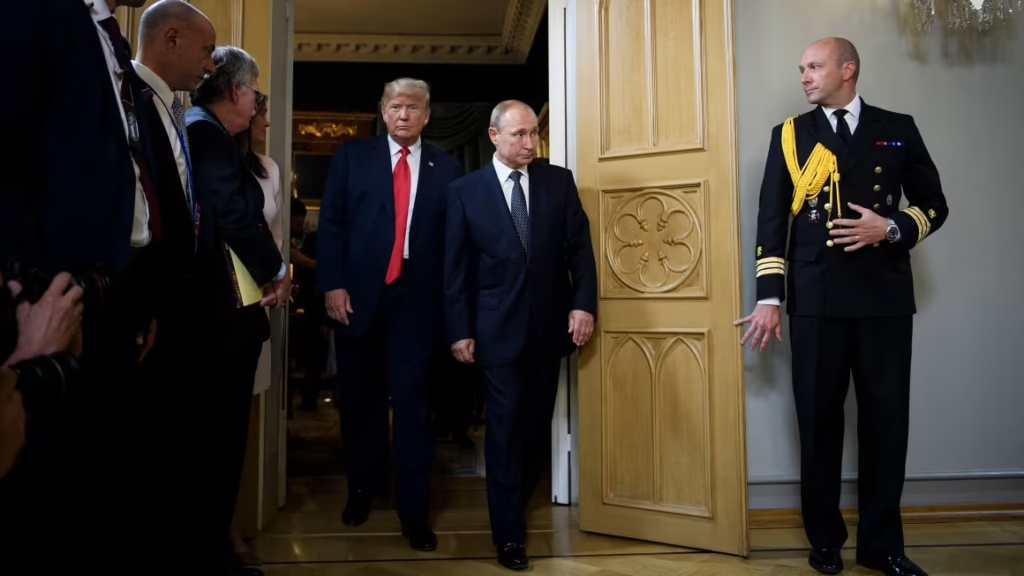

The White House’s latest Ukraine policy has created a critical 50-day window – one that could determine the course of the war. President Trump’s delayed sanctions package gives Vladimir Putin until early September to either negotiate peace or face severe economic penalties, while allowing continued Russian assaults on Ukrainian cities in the interim.
A Strategic Pause or Dangerous Gamble?
Ukrainian civilians enduring nightly missile barrages may view this grace period as an unbearable concession. Yet administration officials argue the timeline creates necessary pressure, with Defense Secretary remarks emphasizing that “the countdown has begun for Moscow to choose between diplomacy or deeper isolation.”
The Kremlin’s measured response suggests careful calculation. While spokesperson Dmitry Peskov called the announcement “worthy of attention,” intelligence analysts note Russian state media has quietly shifted its rhetoric, possibly preparing the domestic audience for potential negotiations.
The Sanctions Sword of Damocles
What makes this approach distinct:
- Graduated Response: Unlike previous blanket sanctions, these target specific Russian export sectors
- Secondary Enforcement: Measures would penalize third-party nations facilitating Russian trade
- Built-in Flexibility: The 50-day period allows for backchannel diplomacy
However, military experts warn that Russia may interpret this as tacit approval to intensify its current offensive. Satellite imagery already shows increased armor movements toward Kharkiv, while defense officials report Russia has stockpiled enough munitions for three months of heavy fighting.
The Ukrainian Calculus
President Zelensky’s administration faces difficult choices:
- Accept potential territorial losses during this window
- Push for faster Western arms deliveries
- Prepare fallback positions should diplomacy fail
As the clock ticks toward September, the world watches whether this unprecedented approach will force Putin’s hand – or simply give him time to consolidate gains. The coming weeks will test whether economic threats can achieve what battlefield stalemate has not: a negotiated end to Europe’s bloodiest conflict in decades.





